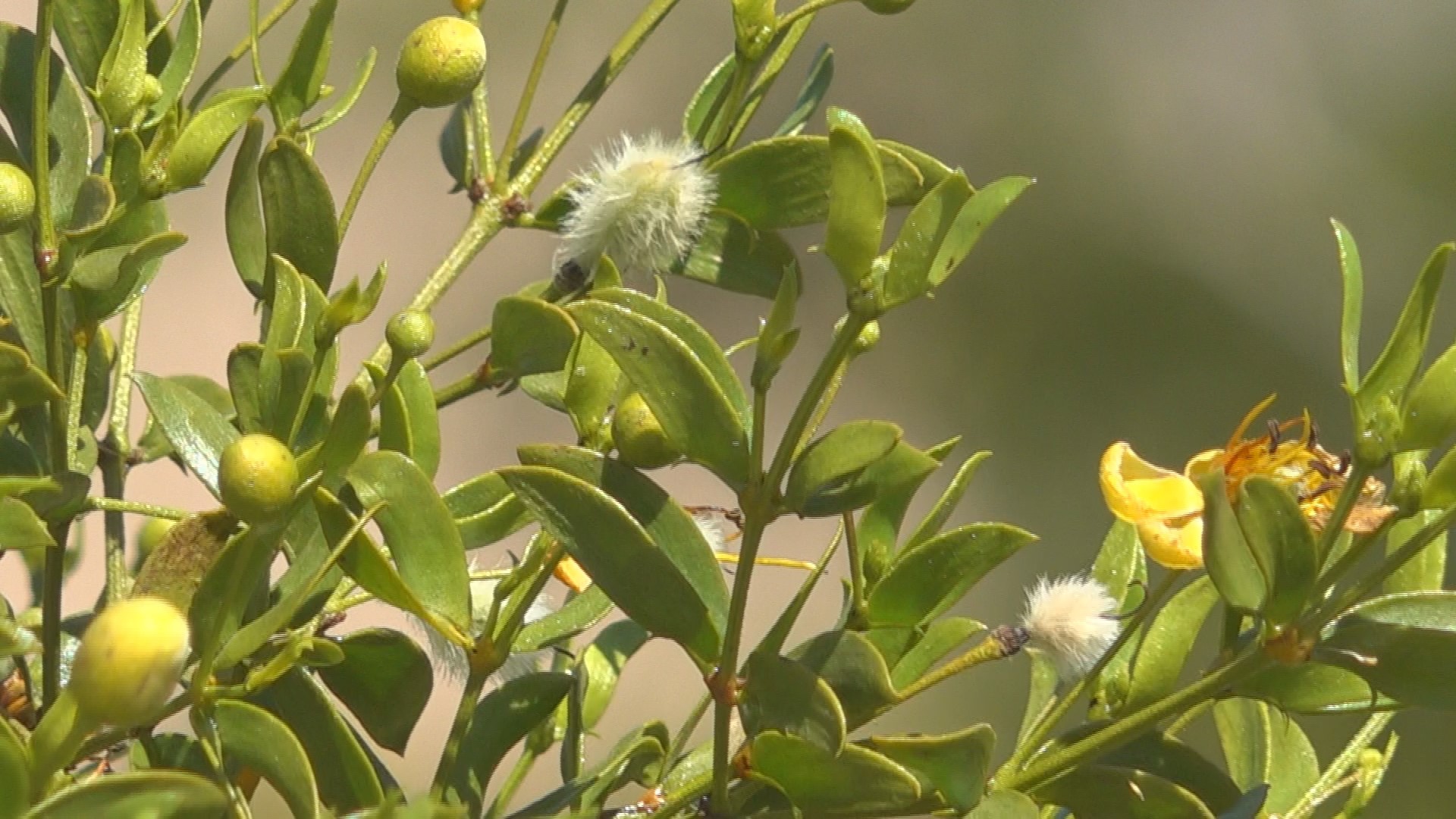PHOENIX — Arizona's growing season is now a month longer than it was in 1970, according to data from ClimateCentral.org, a nonprofit climate science group, and that means your allergies might be lasting longer.
Climate Central measured temperature data from across the country and found the length of time that is uninterrupted by freezing temperatures is increasing in Arizona.
"Things will start blossoming. And you get things pollinating and you start smelling all of that in the air a little bit earlier that can absolutely happen when – when our temperatures get hotter," Arizona State Climatologist Dr. Erinanne Saffel said.
Because of climate change, Arizona is gradually getting warmer – and 2023 was another record year for heat and high temperatures.
"The longer the growing season, the more we get to see green stuff and flowering things, but we also can experience the unpleasant side effects of pollen being in the air." Theresa Crimmins, a professor of Phenology at the University of Arizona said. Phenology is, basically, the study of seasons and their effects on plants and animals.
Unpleasant side effects like allergies. Banner Health says their appointments for allergies are on the rise, especially after two weekends of rain and wind.
"I would say most of the patients that walk in here today are just like, my symptoms just started...especially after the wind blowing," Dr. Jacqueline Cook, FNP-C said.
It's not easy to tell if it's allergies or a cold, flu or COVID, Cook said. the best way is to treat the symptoms, and wait them out. If they go away in about a week, they were a cold. if they don't get worse, but stick around longer, they're probably allergies, Cook said.
Up to Speed
Catch up on the latest news and stories on the 12News YouTube channel. Subscribe today.

